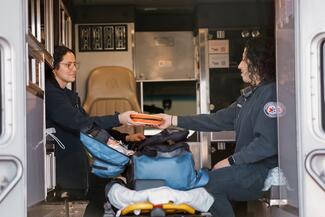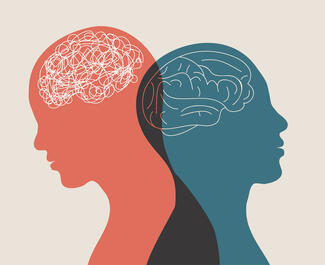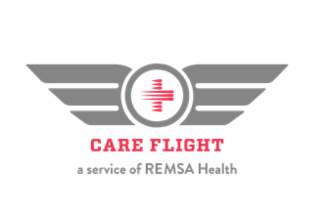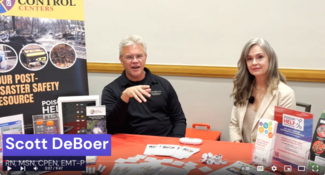You Can’t Pour From an Empty Cup: The Truth About Self-Care
This is the fifth article in a series called “It’s OK to Not Be OK: Real Conversations About Mental Health in Public Safety.” Over the next several months, Jason Fox will dive into topics that every EMS provider, firefighter, dispatcher, student, and leader needs to consider—not just for their career, but for their lives outside the uniform too. Read previous articles.
In previous articles, I’ve said it more than once: “You can’t pour from an empty cup.” It’s catchy, it looks great on a coffee mug, and it’s been hashtagged into oblivion on social media. But saying it isn’t the same as living it. If you want a long, meaningful, and impactful career in EMS, fire, or public safety in general, you must do more than just share motivational quotes. You have to believe that self-care is not selfish—it’s survival. And more importantly, you have to act on it.
The truth is simple: you cannot give what you don’t have. You can’t provide comfort, care, or calm if you’re running on fumes. If you want to keep showing up—not just for your patients, but for your coworkers, your friends, your spouse, your kids, and yes, yourself—you have to take care of the one holding it all together: you.
Now let’s clear something up. Self-care in public safety doesn’t always look like a spa weekend or an hour-long meditation session (though if that’s your thing, go for it). Sometimes it’s as basic as getting enough sleep, drinking water instead of a third energy drink, or finally eating a real meal instead of surviving on beef jerky and gas station snacks.
Let’s be honest: shift workers, volunteers, students, and full-time providers are some of the busiest people on the planet. Our schedules don’t always allow for self-care the way it’s often advertised. So, we need to redefine what self-care really means—especially in this line of work.
Realistic self-care can look like:
- Taking a five-minute break to breathe between calls.
- Walking a few laps around the station instead of scrolling social media.
- Saying “no” to the extra shift when you haven’t had a day off in two weeks.
- Packing your own meals because you know what’s in them.
- Leaving work at work and actually being present when you get home.
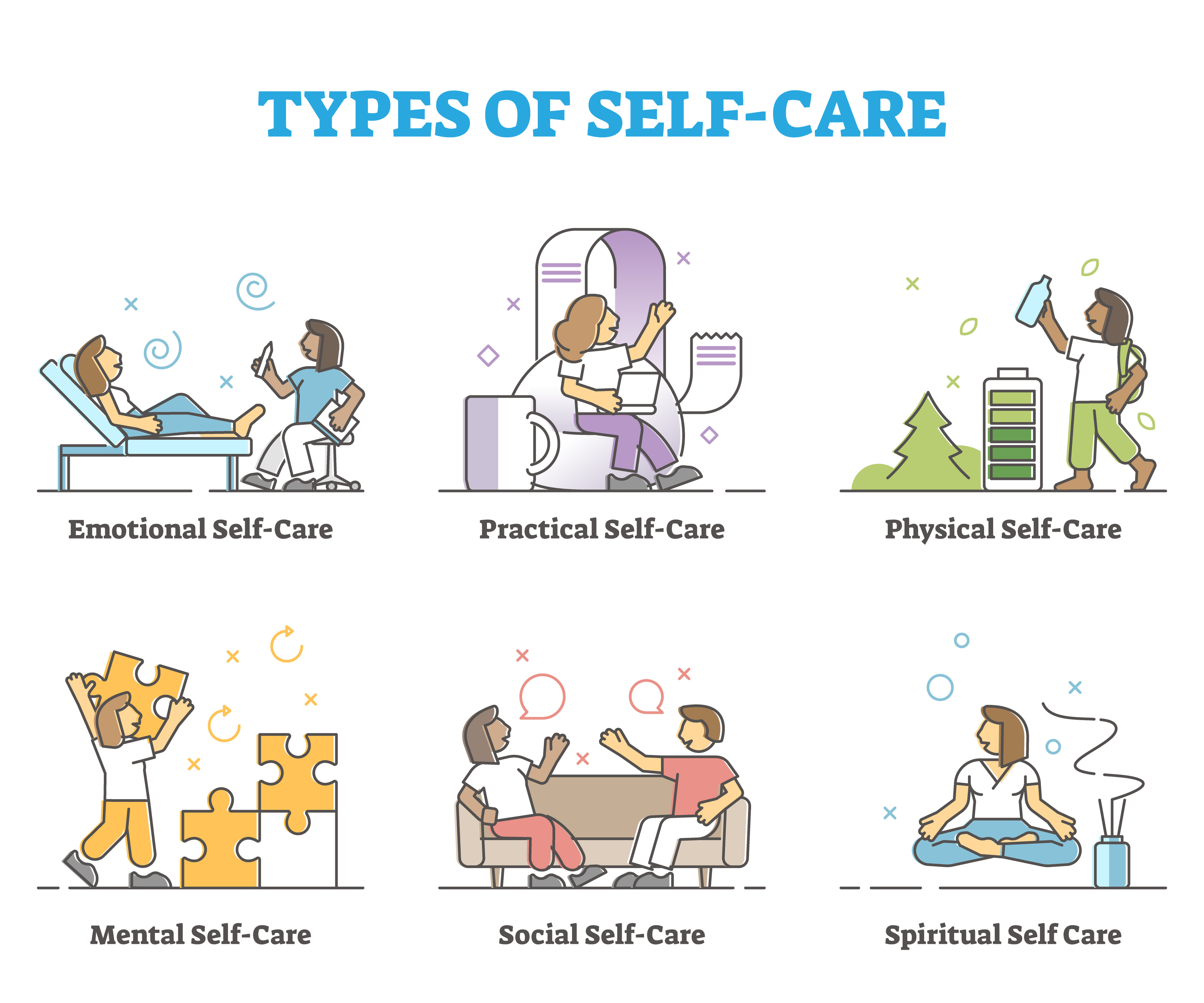 Self-care is a collection of small choices that add up over time. You don’t need a big overhaul. You just need to be intentional.
Self-care is a collection of small choices that add up over time. You don’t need a big overhaul. You just need to be intentional.
But here’s the kicker: a lot of us feel guilty for even thinking about putting ourselves first. Somewhere along the way, we were taught that good providers don’t need rest, that dedication means working yourself into the ground, and that taking care of yourself is a sign of weakness. That’s not just wrong—it’s dangerous.
You wouldn’t ignore your partner’s signs of burnout. You wouldn’t let your ambulance run with no oil. So why is it OK to ignore your own needs?
Here’s another myth we need to bust: that everyone else is doing just fine. Spoiler alert—they’re not. That one provider who always looks squared away might be holding it together with caffeine and stubbornness. That student who’s crushing every test might be riddled with anxiety. The firefighter who’s always joking might be using humor to cover up stress. Most of us are doing the best we can with what we have. And it’s OK to admit that you’re tired, too.
Let’s talk about boundaries. Yes, I said it—boundaries. They’re not selfish. They’re necessary. Boundaries protect your energy and your mental health. They let you say, “I can’t take that shift today” or “I need to step away for a bit.” Boundaries help you stay in this for the long haul. Think of them not as walls but as guardrails. They don’t block people out—they keep you from going off the cliff.
Let’s also touch on the basics. Sleep. Nutrition. Movement. You know, the stuff we teach our patients but forget to do ourselves. You don’t need to become a gym rat overnight. Just stretch when you get up. Take a walk instead of watching TV for an hour. Eat something green. Drink more water. Go to bed instead of scrolling through memes for three hours (even if they’re hilarious—we’ve all been there).
Self-care isn’t just physical. It’s also emotional. And that means connection.
Self-care is who you surround yourself with. It’s making time for your friends and family. It’s sharing meals, telling stories, laughing until your sides hurt, and letting yourself be a human being—not just a provider. When was the last time you said yes to a movie night? Or a lazy Sunday with people who refill your cup?
Sometimes we don’t even realize we’ve been isolating until we try to reconnect and realize how much we missed it. And let’s face it—when we’re stressed, we often withdraw. We cancel plans, skip events, or worse, show up physically but not mentally. That’s not fair to the people who love us. It’s not fair to ourselves, either.
So make the effort. Be present. Say yes to the invite. Spend the money on the experience. Take the trip. Go to the game. Be in the photo. Make the memory. It’s worth it—for them, and for you.
Let’s do a quick inventory by asking yourself:
- When was the last time I had a real day off?
- When did I last eat something that didn’t come in a wrapper?
- Am I sleeping well—or at all?
- When was the last time I did something just for fun?
- Do I have someone I can talk to?
- Have I laughed this week—like really laughed?
How about this: When did you last see your doctor? When was your last check-up? Did you tell them the truth or did you leave out half your symptoms because you know how to interpret an EKG or because you’ve convinced yourself that chest pressure is just indigestion?
Look—we’re not invincible. We’re not immune to strokes, heart attacks, depression, or burnout. Knowing the signs and symptoms doesn’t mean we’re safe from them. You are a provider, yes. But you are also a person. And people need care—including you.
If these questions make you squirm a little, good. That means you're thinking. Awareness is not failure—it’s the first step to real change.
Let me remind you of something else: you’re not a superhero. (Even if your four-year-old thinks otherwise.) You’re a dedicated, hard-working, compassionate human who does an incredibly difficult job. That cape you're wearing? It’s metaphorical. And even metaphorical capes need to be cleaned, pressed, and put away sometimes.
Self-care isn’t weakness. It isn’t indulgent. It’s not about being soft. It’s about being sustainable. It’s the thing that keeps you healthy enough to keep doing the work you love.
At the end of the day, we need the best version of you. Not the overworked, overtired, emotionally drained, checked-out version. We need the version of you who is rested, balanced, connected, and grounded.
You’re not selfish for taking care of yourself. You’re strategic.
You’re not fragile. You’re smart.
And you’re not alone.
So, fill your cup—even if it’s only a few drops at a time. Because we still need you and because you can’t pour from an empty one.
In the next article, we will discuss pre-planning and knowing your resources before the crisis occurs.





